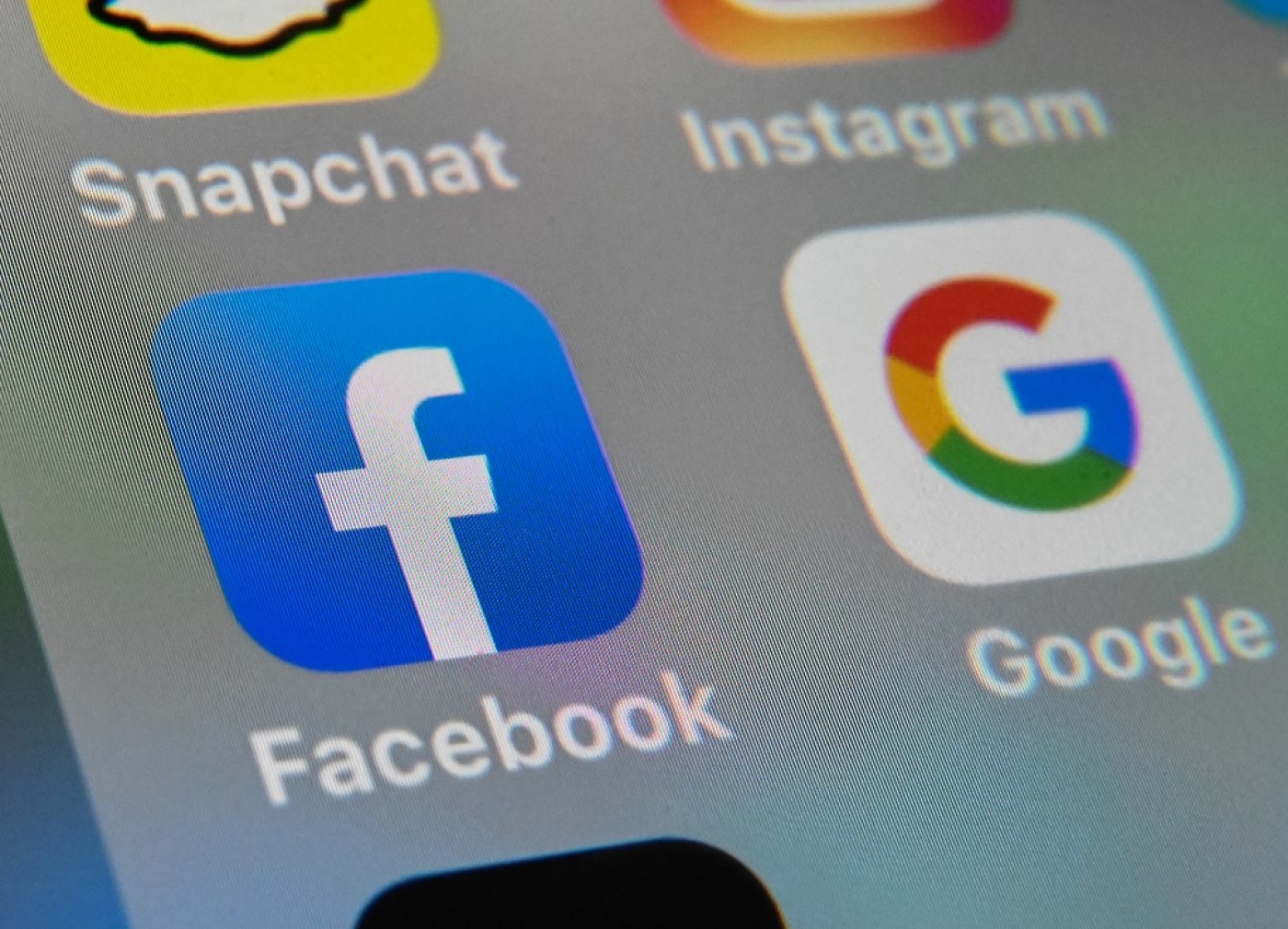Microsoft and Google join Facebook's legal battle against Israeli NSO Group
 |
Microsoft and Google have joined forces with Facebook in its legal battle against Israeli surveillance software company NSO Group, after a recent report revealed the company's spyware was used to hack the phones of dozens of Al Jazeera employees.
The leading US tech giants, along with Cisco, Linkedin, VMware and the Internet Association, filed an amicus brief on Monday in support of Facebook's lawsuit against NSO Group, which accuses the firm of seeking to infect approximately 1,400 "target devices" with malicious spyware that could be used to steal user information from WhatsApp, a messaging application owned by Facebook.
By filing an amicus brief - a supporting document filed to a court by parties who aren't directly involved in the case - the companies expressed their support for Facebook's arguments.
Monday's brief argues against NSO's defence that it should receive "sovereign immunity" because its software is sold to countries' police forces and intelligence agencies, and therefore it is not liable for how they are used.
"Cyber-surveillance tools like NSO's Pegasus are powerful and dangerous," the brief said.
"Such tools depend on vulnerabilities in code that allow one person to access another person's device, network or system. If those tools are misused, the results can be disastrous.
"Widespread creation and deployment of these tools by private companies acting for profit dramatically increases the risk that these vulnerabilities will be obtained and exploited by malicious actors other than the initial customer to cripple infrastructure, commit large-scale financial crime, or cause other catastrophic damage."
In a blog post, Microsoft said it hoped its support of Facebook against the NSO Group "will help protect our collective customers and global digital ecosystem from more indiscriminate attacks".
The spyware being addressed is Pegasus, a software created by the NSO Group that is able to be remotely downloaded onto devices and used to track phone calls and messages.
Al Jazeera staff targeted
The legal filing comes after Citizens Lab, a Canadian communications research group, published a report last week that found the NSO Group's Pegasus software was used to infect the personal phones of 36 journalists, producers, anchors and executives at Al Jazeera.
The incident occurred weeks before the Trump administration announced the normalisation of ties between Israel and the United Arab Emirates, and was likely linked to both Saudi Arabia and the UAE.
Citizen Lab described the coordinated attacks on Al Jazeera as the largest concentration of phone hacks targeting a single organisation.
In July, NSO had lost their argument against Facebook's lawsuit in a California district court, after the judge ruled that the company does not have sovereign immunity; but it appealed the case to the US Court of Appeals, where the tech companies filed the amicus brief on Monday.
NSO's spyware has repeatedly been deployed by multiple entities, including foreign governments, to hack into the devices of journalists, lawyers, human rights defenders, and political dissidents.
The Pegasus software had also been used to hack into the WhatsApp account of Middle East Eye columnist Jamal Khashoggi, who was murdered and dismembered in the Saudi consulate in Istanbul in October 2018.
Facebook's lawsuit also alleges that the NSO Group facilitated government hacking in 20 countries, but only identified Mexico, Bahrain and the UAE.




No comments:
Post a Comment
Note: only a member of this blog may post a comment.